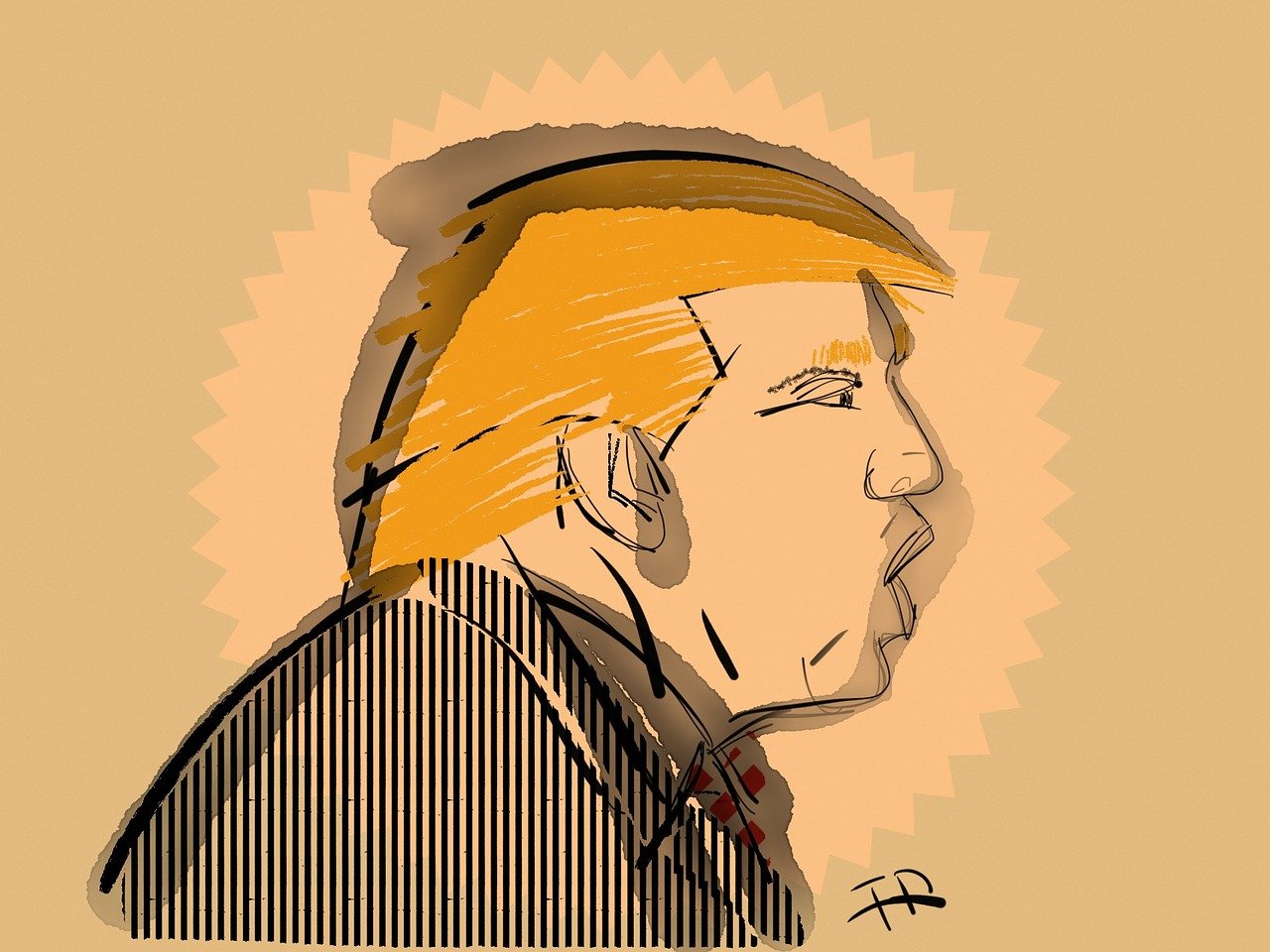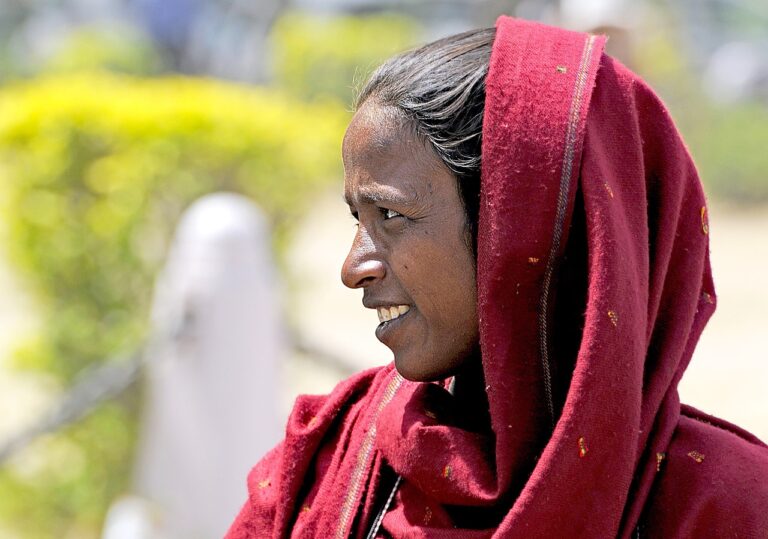Political Quizzes and Their Influence on Voter Engagement
With the advent of social media and digital technologies, political quizzes have gained significant popularity among users. These quizzes are often designed to test individuals’ knowledge of political issues, candidates, and the overall electoral process. The interactive nature of these quizzes adds a fun and engaging element to the often overwhelming world of politics, making it more accessible to a broader audience.
As individuals seek to stay informed and engaged in political discourse, these quizzes serve as a convenient way to both educate and entertain. By answering a series of questions related to current events and policy matters, users can gauge their understanding of political matters and potentially discover gaps in their knowledge. The rise of political quizzes has not only made politics more interactive but has also contributed to a greater sense of political awareness among the general public.
The Impact on Voter Knowledge
These political quizzes, circulating widely across various social media platforms, have inadvertently become a tool for engaging voters in the political landscape. By offering a quick and accessible way to learn about different candidates, policies, and current events, these quizzes have the potential to increase voter knowledge and awareness. Many users find themselves spending more time exploring political topics and gaining insights through these interactive platforms.
While the impact of political quizzes on voter knowledge may seem promising, it is important to consider the quality and accuracy of the information presented. With the rise of misinformation and biased content online, there is a risk that users may be misled or receive a skewed understanding of political issues. It is crucial for users to critically evaluate the sources and content of these quizzes to ensure they are making informed decisions when it comes to their voting choices.
These political quizzes provide a quick and accessible way for voters to learn about candidates, policies, and current events.
Many users are spending more time exploring political topics and gaining insights through interactive platforms.
It is important to consider the quality and accuracy of information presented in these quizzes.
With the rise of misinformation online, there is a risk that users may be misled or receive a skewed understanding of political issues.
Users must critically evaluate sources and content to make informed decisions when it comes to voting choices.
The Role of Social Media Platforms
Social media platforms have established themselves as key players in shaping political discussions and influencing public opinion. With the widespread use of platforms like Facebook, Twitter, and Instagram, political content is now easily accessible to a vast audience. Users are exposed to a variety of political quizzes, articles, and videos shared across these platforms, ultimately influencing their understanding of complex political issues.
Moreover, social media algorithms play a crucial role in determining the content that users see on their feeds. By tailoring content based on users’ past interactions and preferences, social media platforms can amplify certain political viewpoints while potentially silencing others. This personalized content feed has the power to reinforce existing beliefs and create echo chambers where users are predominantly exposed to information that aligns with their views.
How have political quizzes contributed to the rise of social media platforms?
Political quizzes on social media platforms have gained popularity as a way for users to engage with political content in a more interactive and personalized manner.
What impact has social media had on voter knowledge?
Social media platforms have the potential to both increase and decrease voter knowledge, as they can disseminate both accurate and misleading information.
What role do social media platforms play in shaping public opinion?
Social media platforms have become influential in shaping public opinion, as they provide a platform for individuals to share their views and engage in discussions with others.
How do social media platforms impact political discourse?
Social media platforms have the ability to both enrich political discourse by allowing diverse voices to be heard, and to polarize political discussions by creating echo chambers of like-minded individuals.







